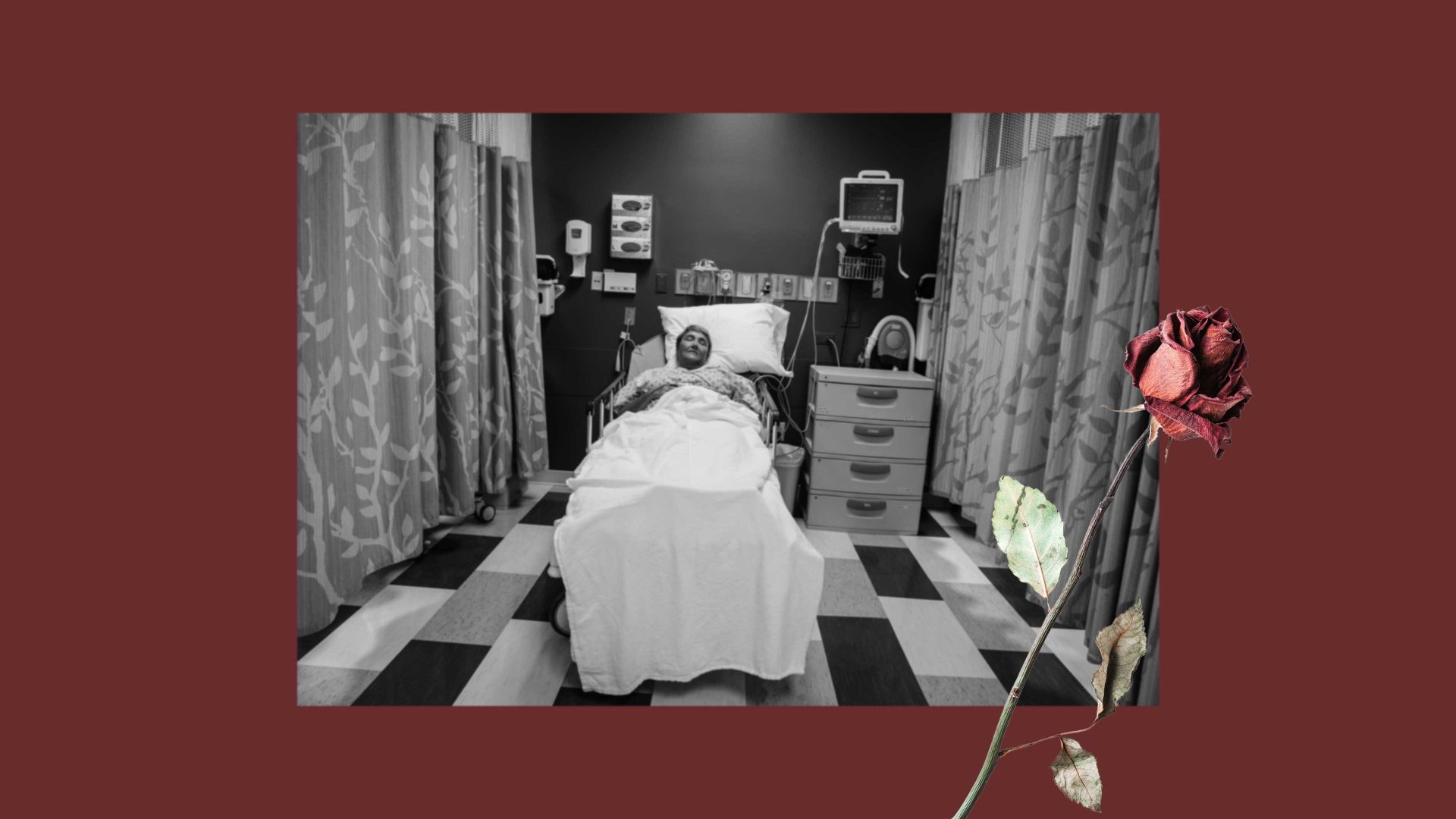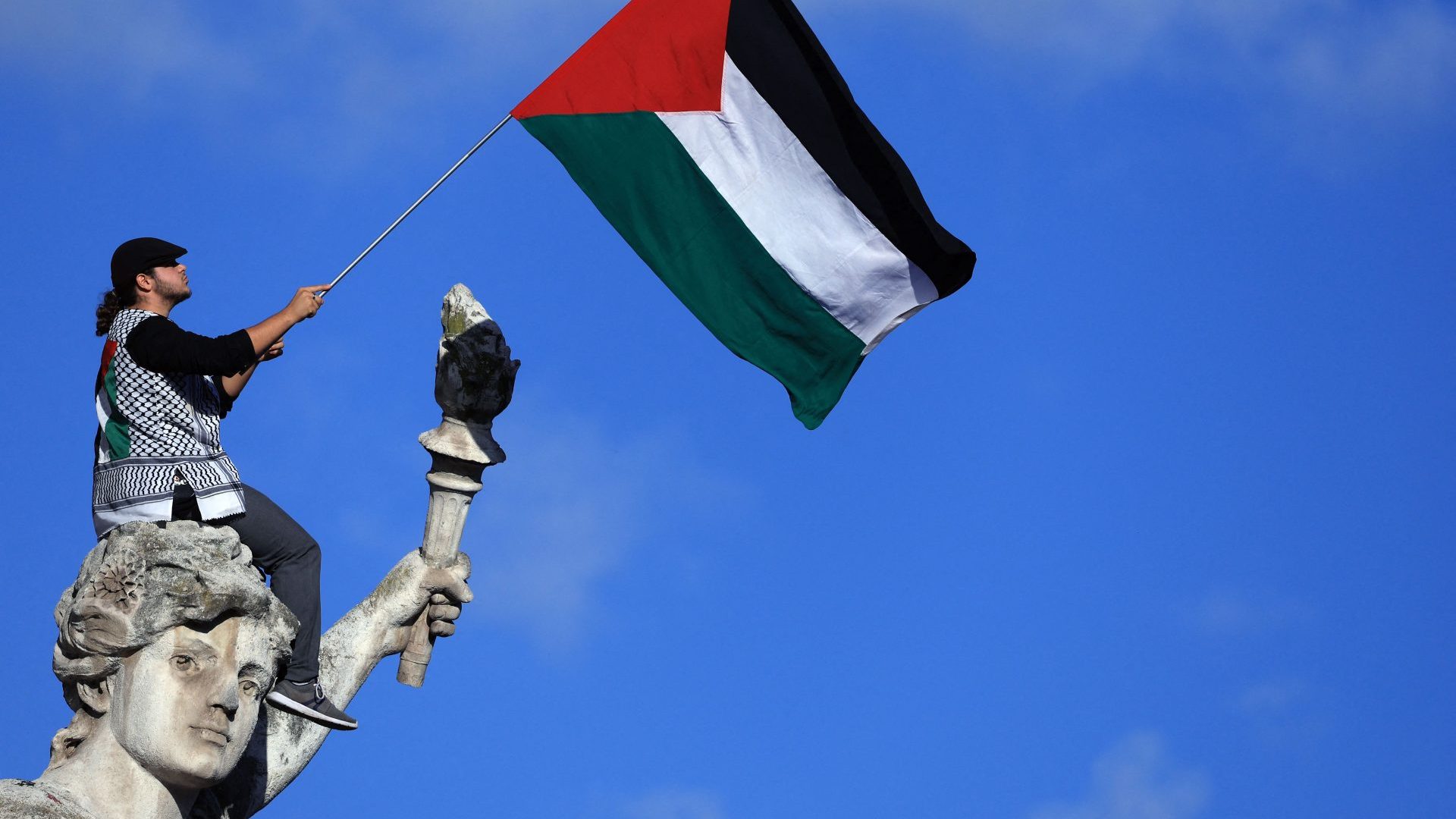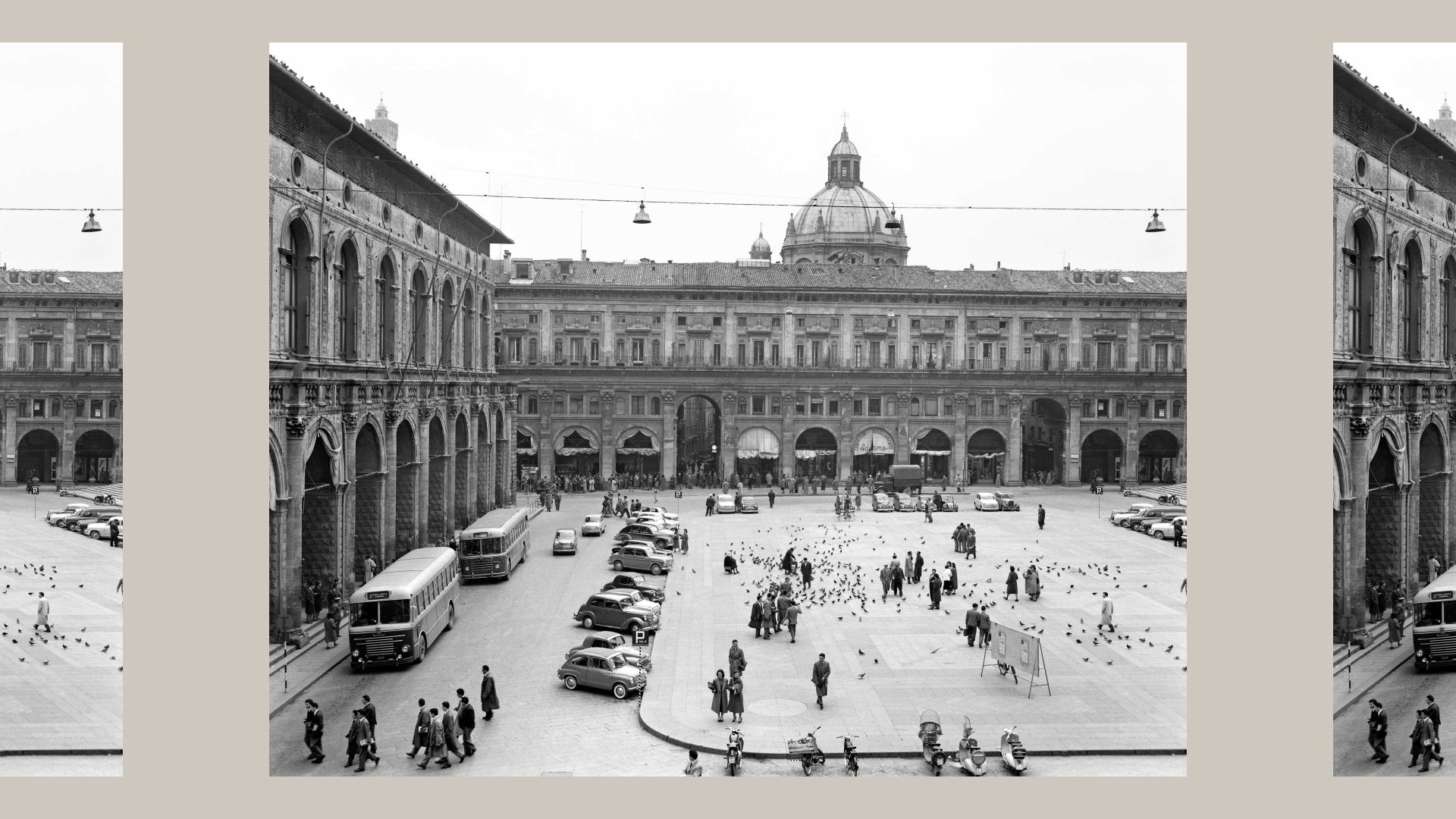“But you’re giving me a death sentence.”
The words hung heavily in the air between us. I didn’t know what to say. It was true.
I tried again, “I’m so sorry. I can see how it must feel like that, but I just can’t persuade the community hospital to give you any more transfusions. You’re losing blood as fast as we can replace it for you.”
I watched the hand reach out to smooth the silver beard, the slight squaring in the chair and waited. “Well, I feel really let down. I’ve been healthy all my life until this thing. I’ve never been a drain on the NHS and now when I need it, when I really need it, it’s let me down.”
I didn’t say anything. I couldn’t. What was there to say? He was right.
John had metastatic disease. It had spread far and fast despite the efforts of the surgeons. He was losing blood through his catheter as fast as we could pour it back in. He had received more than 100 transfusions since his cancer was diagnosed. But we couldn’t stop the blood. Bright red and full of clots, it undermined his apparent “wellness”.
His daughter sat next to him. “But Dad, Dad,” she began, “I think what the doctor is trying to say is that they just can’t keep up with how much blood you’re losing any more. It’s not that they don’t want to treat you.”
She looked at me pleadingly, willing me to say something.
“Yes,” I began, struggling for words. “I suppose what I’m thinking is that we may have come to that point that we knew we would get to where we just couldn’t keep up any more.”
“But in hospital they said I could keep having transfusions when I got home. I want to live. I just want to live.”
Silently cursing the hospital junior doctor who had left the impression about endless possible blood transfusions – probably while in the middle of a rush of discharge summaries, blood test samples they needed to take, and frustrated nursing requests, I stayed silent. There was nothing more to say.
I sent off a sample of John’s blood that morning. The result came back in the evening – his blood count was low, very low. I spoke to the specialist team to see if they might organise one final transfusion for him in hospital, to give him time to get used to his situation. “The consultant will call you back,” I was told, “in between cases. He’s in theatre. He’s very busy, you know.”
I said nothing. It wouldn’t achieve anything. I thought about the other 30 or so patients I still had to see that day, the two medical students I had to debrief at the end of their placement, the GP trainee I had to supervise and the endless mountain of paperwork and prescriptions that would face me at the end of the day. Yes, I too knew what “very busy” meant.
7pm came and I had heard nothing from the consultant. I had organised for my palliative care colleagues to visit John and his daughter the following day to talk through a move towards the end of life and help provide any support he might need. After my last patient had left for the evening, I went to visit him. He waved me in from the window.
“Hello my dear,” he said. He was wrapped in a warm blanket in his reclining chair. He looked so peaceful. “You’ve come to tell me they won’t do it, haven’t you?” he asked.
I swallowed guiltily, “John, I’m so sorry…” I began. He waved me into silence.
“Don’t worry,” he said. “We all have our time. I’ve had 90 years, a good life. I can’t complain. I just wish it could go on for longer but there we are. We are where we are.”
There was a long pause.
“Will you tell me a bit about your life?” I asked. “Did you work? Were you married?”
And so he told me. He told me about his wife, Susan, who had died over 20 years ago, and how happy they had been getting married, shortly after the war; the three children they had, who were now scattered, with innumerable grandchildren around the world; and how he loved woodwork, and how sad he was not to have been able to finish a bowl for a beautiful bunch of hand carved, wooden roses for his daughter.
“She says they’re beautiful as they are, but I would have just liked to put them in a bowl for her,” he said, “just to finish them off, you know. But I guess that won’t happen now.”



